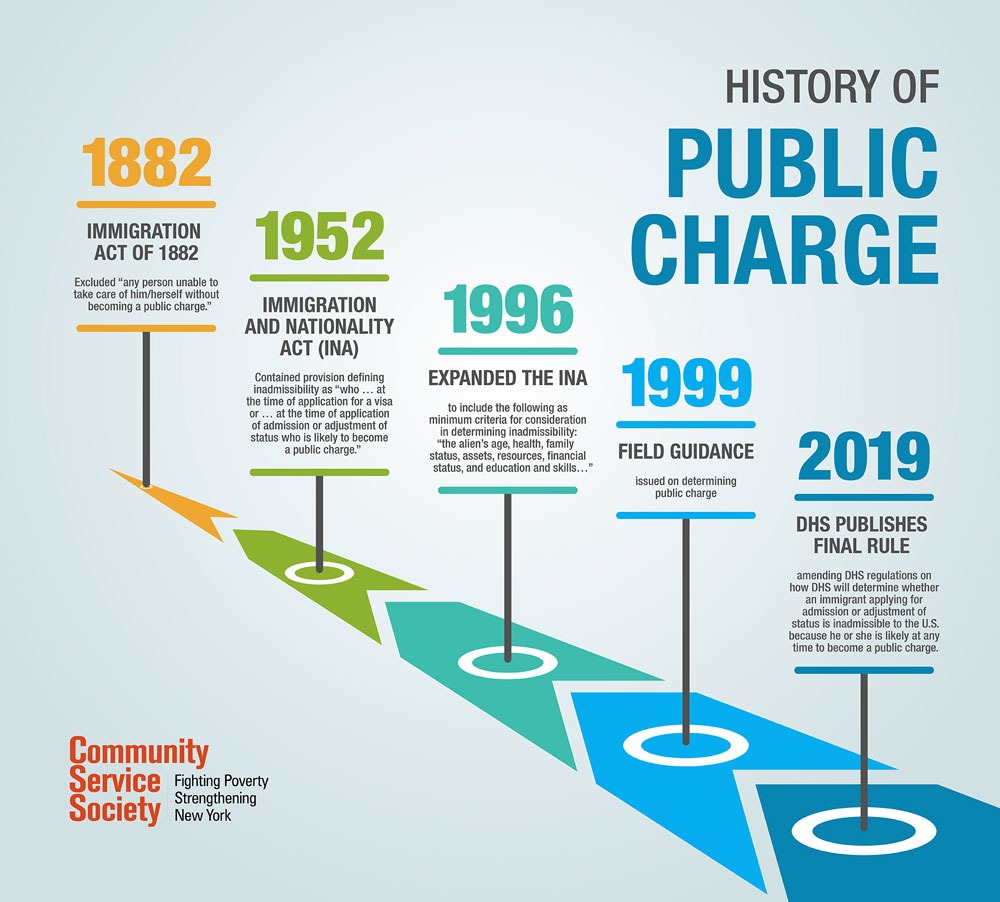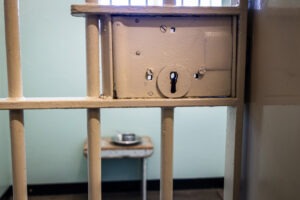
March 18, 2020; New York Times
The Trump administration’s hardline immigration policies will make it more difficult to control the outbreak of COVID-19. Not only are immigrants less likely than the general population to have insurance and regular access to healthcare, many fear that showing up at a clinic could jeopardize their path to permanent legal residency (i.e., a green card) or, in a worst-case scenario, result in deportation.
The administration’s public charge rule went into effect only weeks before the public health crisis now engulfing the country. Under new rules, if immigrants use public benefits such as Medicaid, even occasionally, they can be refused permanent legal status. Even before the crisis, according to the New York Times, community clinics like the Austin, Texas-based People’s Community Clinic saw spikes in no-shows as the public charge rule went into effect.
US Immigrations and Custom Enforcement (ICE) agents also keep immigrants away from health centers. In recent weeks, ICE agents have continued to make arrests in regions hard hit by the virus, including New York and California. ICE is supposed to avoid arrests at health centers, considered “sensitive locations,” but after years of ramped up rhetoric and enforcement, few undocumented immigrants want to risk exposure.
Says Tanya Broder of the National Immigration Law Center, “The fear that this administration has fueled in immigrant communities is thwarting efforts to protect the public health of everybody.”
Sign up for our free newsletters
Subscribe to NPQ's newsletters to have our top stories delivered directly to your inbox.
By signing up, you agree to our privacy policy and terms of use, and to receive messages from NPQ and our partners.
To encourage immigrants to seek medical care, over 450 public health and legal experts have signed an open letter to Vice President Mike Pence and other federal, state, and local officials to declare medical facilities “immigration enforcement-free zones.” A similar policy was put into place after the September 11th attacks and more recent hurricanes.
In response, the US Citizenship and Immigration Services agency signaled last week that it will suspend public charge rule enforcement. A message on its website indicates that no one will be penalized for seeking medical attention for the virus: “If the alien [sic] is prevented from working or attending school, and must rely on public benefits for the duration of the COVID-19 outbreak and recovery phase, the alien can provide an explanation and relevant supporting documentation.”
But the message has not been publicized by the administration, and trust among immigrants is at an all-time low.
“We’re petrified,” Sandy Cobarrubias, a 46-year-old undocumented immigrant told the New York Times. “This president says one thing one day and does another the next.”—Karen Kahn













